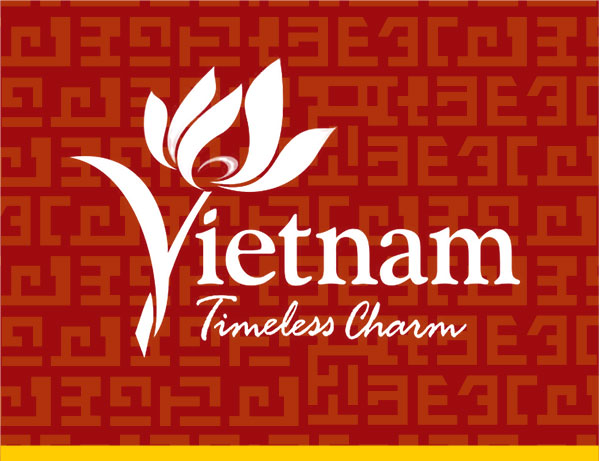Van Lang – the early beginnings
The emergence of the Vietnam as a coherent entity is veiled by the mists of time. Legends proliferate, and are dominated by images of dragons that act as protectors of a weak land and people. Little is thought of Van Lang, the kingdom of the early Viet people, dominated by a succession of ‘Hung’ kings. Such evidence as exists suggests it was a well-established feudal society, proficient in agriculture, skilled in using metallic and advanced in its beliefs and inventive expression.
Such a ‘mushy’ goal can be very enticing to raiding events of Cham pirates and the increasing Chinese language empire. Maybe the necessity to guard their land of plenty impressed the need to withstand and, more importantly, taught the Vietnamese methods to protect their country.
Resistance begins
Van Lang was conquered by a close-by kingdom in 257 BC to kind a new kingdom known as Au Lac. Fifty years later, Au Lac was overwhelmed by the Chinese.
As Chinese expansionists took over kingdom after kingdom, their follow was to begin the method of pacification instantly – dividing the country into tightly managed administrative districts and sub-districts and importing Confucianism, ancestor worship, Chinese script and a powerful legislature.
Usually, the subject individuals within the territories they controlled have been quickly completely incised and their territory absorbed into Higher China. Nonetheless, in Vietnam they met with native revolts and wider insurrections that continued all through their thousand years of occupation. Of all of the kingdoms and countries that had been topic to China, only Vietnam shook off its chains.
Resistance in any respect costs
Then and since, Vietnamese foreign and domestic policy has been driven by an overriding imperative to safe and shield the county’s territory and id no matter cost.
Over the turbulent centuries that adopted the expulsion of the Chinese language, the price of independence was paid many instances over. Invasion after invasion was pushed back. Invariably, defeat and occupation was confronted with unyielding resistance and eventual ejection of the occupying forces.
The value of sovereignty in fashionable instances, foreigners typically remark upon Vietnam’s apparently unprincipled pragmatism in each home policy and international relations. Not realizing Vietnam’s unwavering dedication to self-willpower, they see enthusiastic overtures to Western capitalism as blatant opportunism and query its status as a ‘communist’ country.
Our bitter experiences have taught us that we can solely be protected from aggression by changing into a full member of an international community of peace-loving nations and building a sound economy based mostly upon industry and commerce. Our socialism is not a dogmatic ideology – it’s a path to the betterment of our Vietnamese neighborhood and the security of our country.
For us Vietnamese, no evil could be larger than the loss of sovereignty. The occasions following the end of the Japanese occupation of Vietnam in 1945 clearly reveal our attitude.
Not pragmatism, but the logic of resistance
Within the wake of the give up, Ho Chi Minh took advantage of the facility vacuum and proclaimed the Democratic Republic of Vietnam. Nonetheless, the victorious allied forces determined that the Nationalist Chinese would occupy North Vietnam and the British the south.
Ho Chi Minh, who had previously created the Vietminh guerrilla force to combat the Japanese, correctly perceived that a Chinese presence in Vietnam’s heartland posed a significant threat. Though the Japanese invasion had ended practically a century of oppressive colonial rule by France, he had no hesitation in making a take care of the hated French to take over North Vietnam for yet another 5 years. When challenged to justify such seemingly perverse behavior, he famously replied “Higher to smell French shit for the subsequent five years than eat Chinese shit for the remainder of my life”.
Although his analysis of the comparative strengths of the French and Chinese was precise, he misjudged the timing. The French predictably reneged on the deal and, with British assist, attempted to re-colonies Vietnam. It took an additional nine years of bitter preventing till the Vietnamese victory at Dien Bien Phu finally drove the colonialists out of our country!
